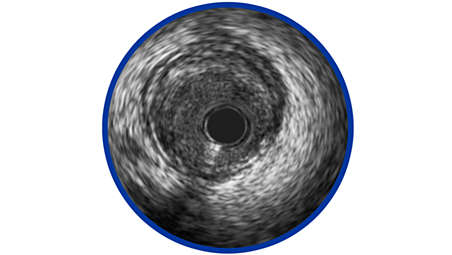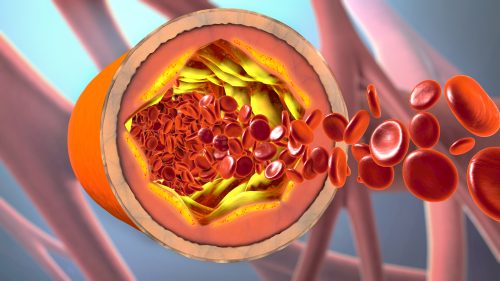An interventional diagnostic procedure with stratified medical therapy was associated with improved angina in patients with no obstructive epicardial coronary artery disease, according to new research.
Researchers for the CorMicA study, presented at TCT 2018, enrolled 391 patients with angina who were undergoing invasive coronary angiography (standard care). Patients who did not have obstructive coronary artery disease (n=151) were randomized (1:1) to an intervention group receiving stratified medical therapy (n=76) or a blinded control group (n=75) receiving standard care and an interventional diagnostic sham procedure. The primary study endpoint was the mean difference in angina severity at 6 months assessed by the Seattle Angina Questionnaire summary score.
In the 151 patients without angiographically obstructive coronary artery disease, the intervention was associated with a mean improvement of 11.7 unites in the SAQSS at 6 months (95%CI, 5.0 to 18.4; P=0.001). The results also indicated that the intervention led to mean improvements in quality of life score and visual analogue score. Major adverse cardiac events were similar between the study groups at 6 months.
“Coronary angiography often fails to identify patients with vasospastic or microvascular angina,” the researchers, whose findings were simultaneously published in the Journal of the American College of Cardiology, wrote in their conclusion. “Stratified medical therapy guided by adjunctive coronary function testing represents a new treatment approach for patients with angina and no obstructive CAD, and more research seems warranted.”
Source: JACC







 © 2025 Mashup Media, LLC, a Formedics Property. All Rights Reserved.
© 2025 Mashup Media, LLC, a Formedics Property. All Rights Reserved.